Because nothing matters more at sea than coming home safely.
1. Wear a Lifejacket — Always
It sounds obvious, but you'd be surprised how many boaters skip this one, especially on calm waters. The truth is, accidents rarely give you time to prepare — and your lifejacket won't help if it's stored in a locker.
Modern inflatable lifejackets are compact, comfortable, and certified under ISO, SOLAS, or CE standards. If you’re not wearing one, it’s like driving without a seatbelt.

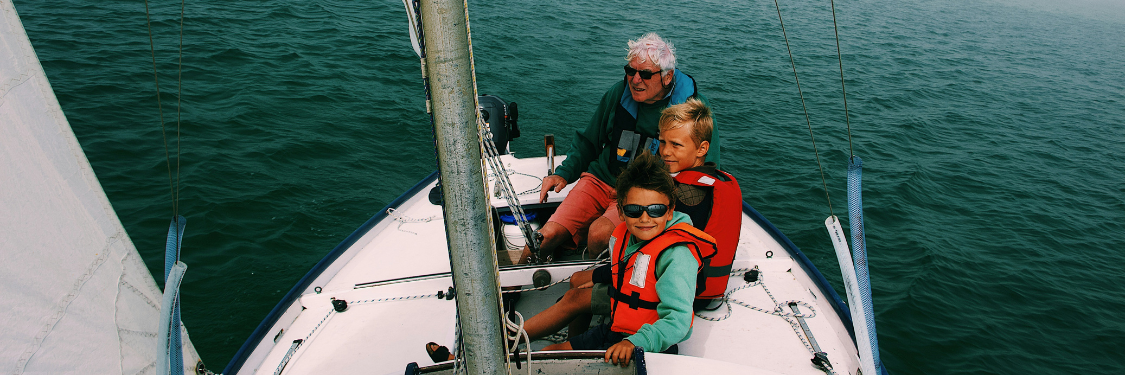
Explore certified lifejackets in stock at Gaelix Marine Service
2. Check the Weather Before You Leave
Always. Not just the forecast — but the wind, the swell, and possible changes later in the day. Even the most experienced sailors have been caught off guard by sudden weather shifts. Nature doesn’t negotiate, and what seems like a breeze in the marina can quickly turn into a battle offshore.
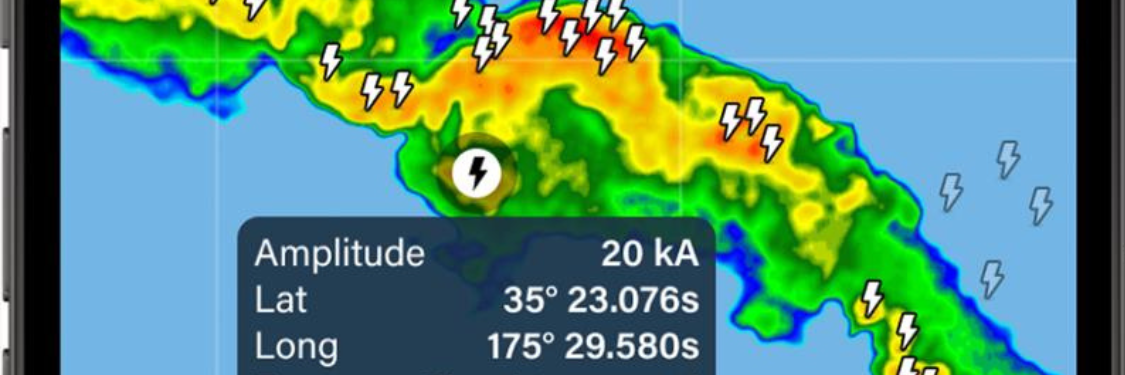
3. Equip Your Boat with Proper Safety Gear
This is your responsibility as skipper — not an optional checklist. At minimum, every vessel should carry:
-
Lifejackets for each person onboard
-
Lifebuoy or horseshoe buoy
-
Distress signals and flares
-
Fire extinguisher
-
Sound and visual signals
-
Lifesaving lights
-
First aid kit
Each item must be easily accessible and certified — not expired, buried under cushions, or missing altogether.
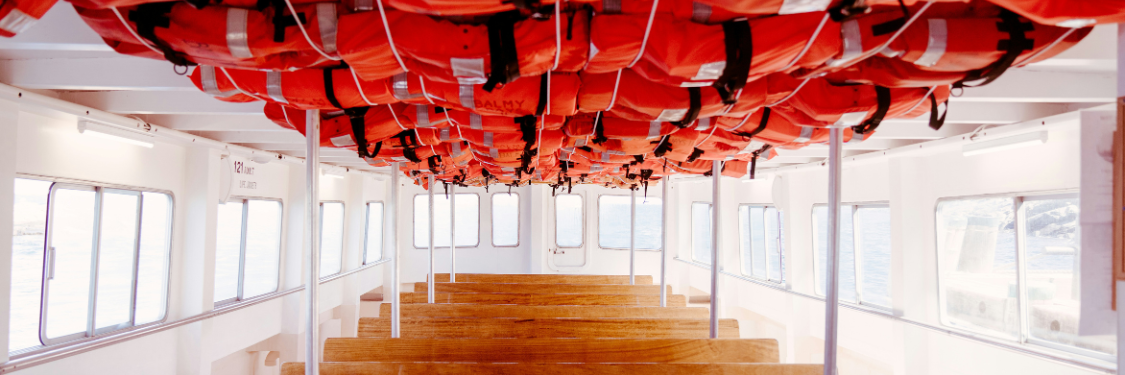
See our full range of certified safety equipment
4. Never Exceed Capacity
Your boat is rated for a maximum number of people or weight. Respect that. An overloaded boat is unstable, harder to control, and far more likely to capsize in rough conditions. It’s not about comfort — it’s about physics and survival.
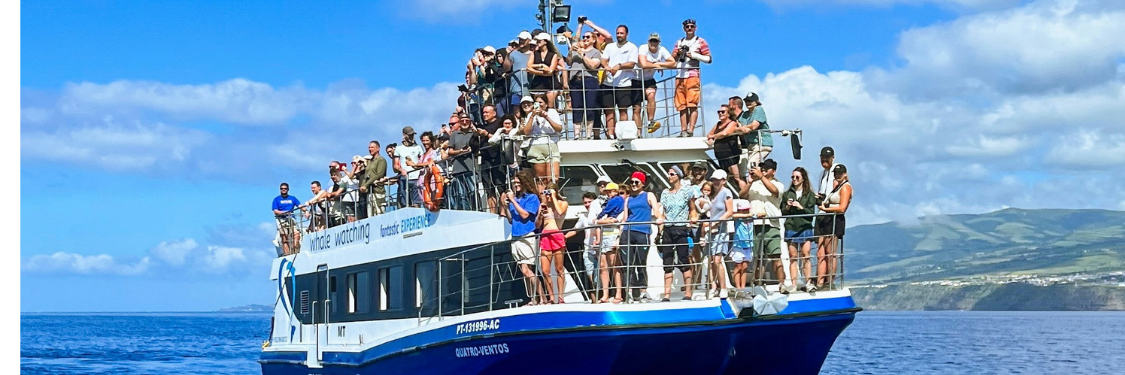
5. Tell Someone Where You're Going
Always leave a float plan. Let a friend, marina staff, or relative know where you're headed and when you plan to return. If something goes wrong, someone will know to start asking questions — and that could save your life.
6. Keep Communication Devices Onboard and Charged
At a minimum, carry:
-
A fully charged mobile phone in a waterproof pouch
-
A VHF marine radio (fixed or handheld)
-
GPS or chartplotter
-
Backup batteries or a portable power bank
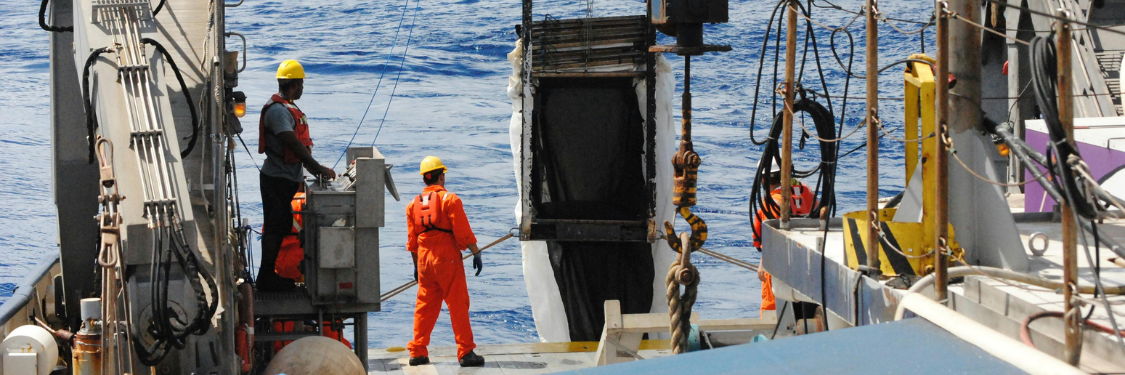
A breakdown in the middle of the sea without communication is one of the worst situations you can be in.
7. Avoid Alcohol at Sea
It might be tempting to open a beer as you drift into the sunset — but don’t. Alcohol impairs judgment, coordination, and reaction time. And on a moving vessel, even small mistakes can have huge consequences. Save the drinks for when you're safely docked.
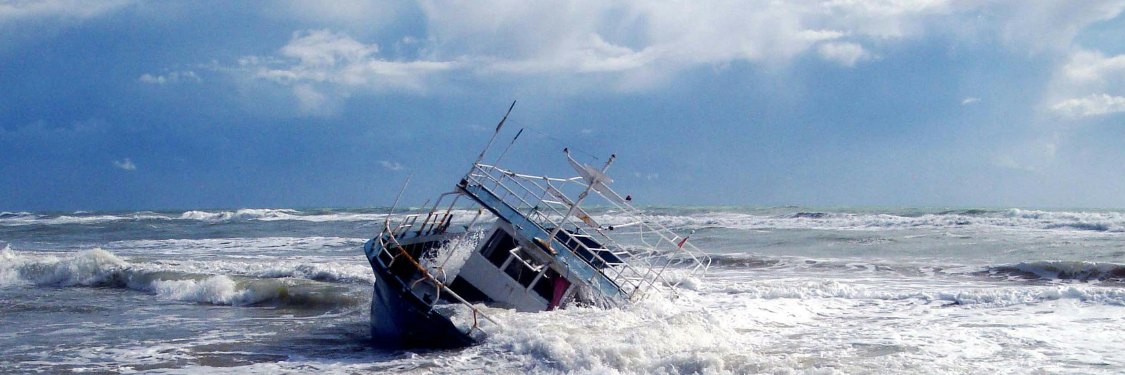
8. Learn Basic First Aid
Injuries happen. From minor cuts to serious incidents, basic first aid knowledge can buy critical time while waiting for help. Take a certified course and keep a stocked marine-grade first aid kit onboard.
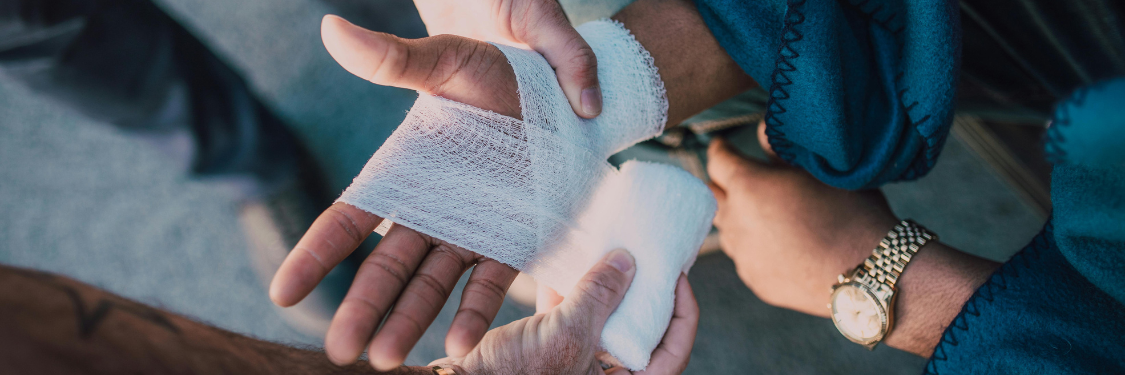
9. Know Your Boat — and the Law
Understand how your boat handles at different speeds, in waves, during tight turns, and when docking. Study your region’s navigation rules and local maritime laws. Know your equipment. A confident skipper is a safer skipper.
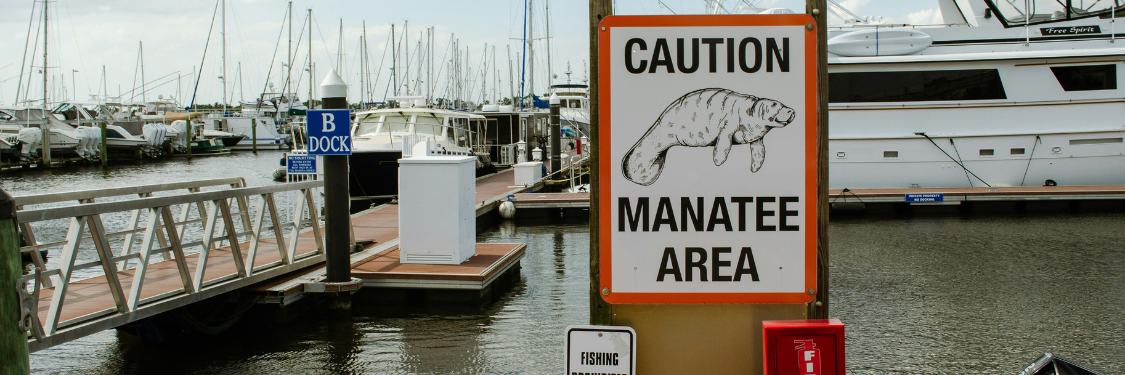
And always make sure your equipment is SOLAS, CE, or ISO compliant — not just for legality, but because your life may depend on it.
10. Respect the Sea
This is the golden rule.
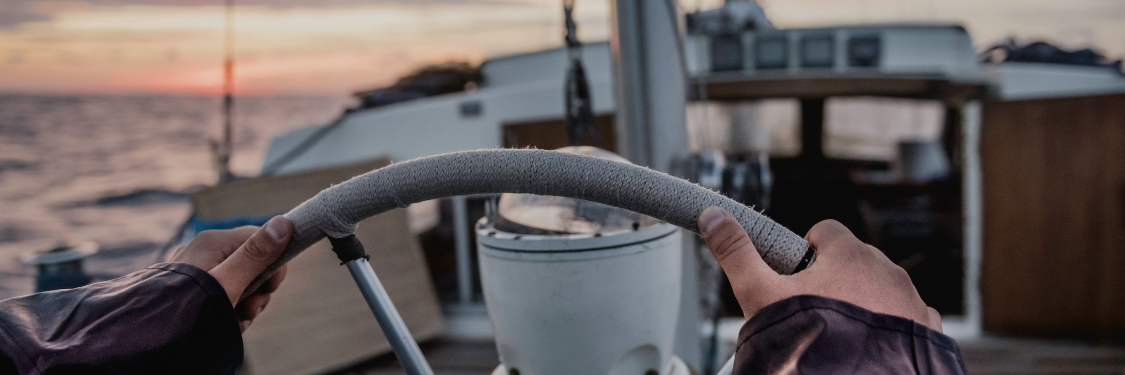
The sea is breathtaking, liberating — and unforgiving. The best sailors in the world show it respect by preparing thoroughly, staying alert, and never taking chances. Safety isn’t a burden; it’s the reason you can truly enjoy the freedom of being on the water.
Sail Safe with Gaelix Marine Service
At Gaelix Marine Service, we work directly with skippers, fleet managers, and sailing families who know that quality equipment saves lives. From certified lifejackets to professional-grade safety kits — we’ve got your back.
Browse all safety equipment now
Need advice? Contact our expert team
Because safety isn't optional. It’s what brings you home.
From the Gaelix MS Newsroom: Latest Press Releases
-
Premium Lalizas Lifejackets for Professional and Commercial Use
ISO, CE & SOLAS-certified lifejackets designed for commercial vessels, fleet operators, and maritime professionals.
Read more -
Certified Lalizas Lifejackets Now Available from Gaelix Marine Service
Ensure full compliance and safety on board with Lalizas inflatable lifejackets, now in stock at Gaelix.
Read more -
Certified Inflatable Lifejackets by Lalizas Now Available from Gaelix Marine Service
A trusted choice for professional and recreational boaters across Europe and beyond.
Read more -
Your Trusted Source for SOLAS and CE Certified Safety Gear
Learn how Gaelix helps commercial and recreational vessels stay fully compliant and protected.
Read more












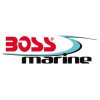







-100x100.png)




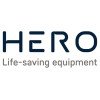






















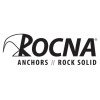












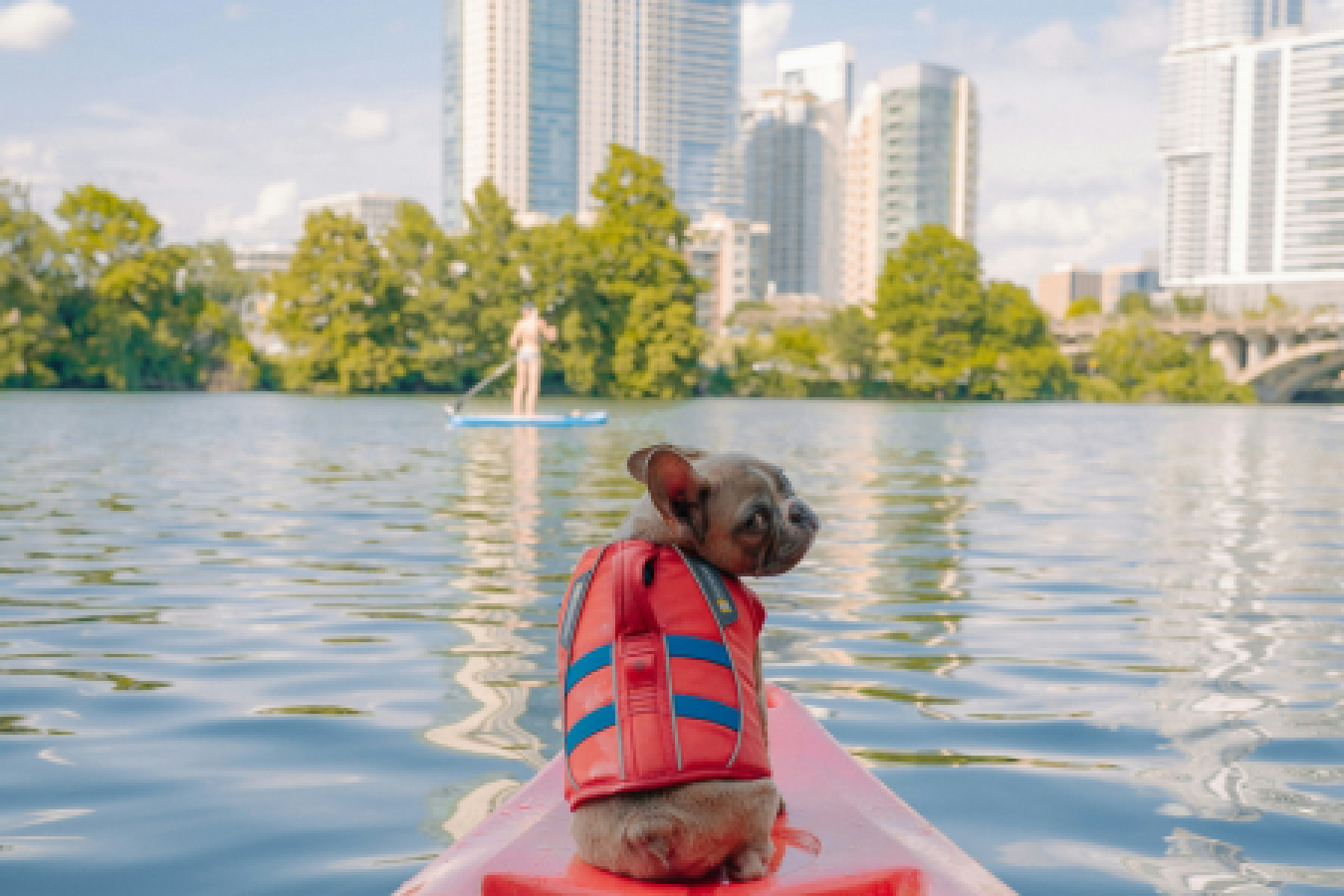
Write a comment